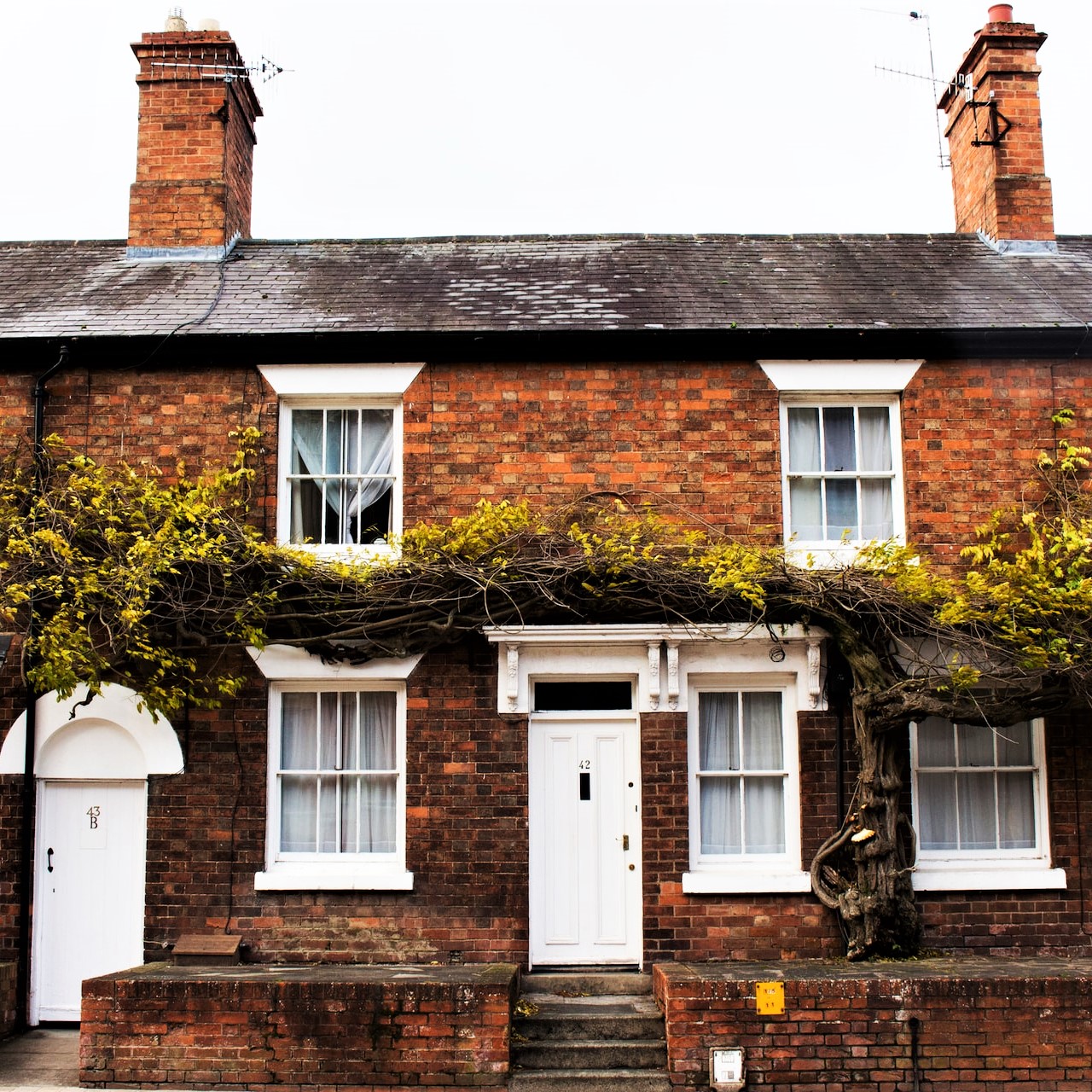Capital gains tax is applicable to any assets which are “disposed” of. Disposal can include a variety of different methods, including inheritance, gifting etc, but for the majority, it applies to sales. Whilst capital gains tax can apply to a range of different assets, including personal possessions and shares, we are going to focus on property. This tax is applicable to any properties which are not a main home, which can include a second home or properties which have been bought to let or for resale. With this in mind, capital gains tax is of particular importance to landlords- which is what we will focus on.
What is Capital Gains Tax
As the name suggests, capital gains tax is applied to any gains that an individual may make on their assets. Whether it be possessions, property or land, the tax is only applied to any profit which has been made in the sale or “disposal” of these assets. For example, you buy a property for £100,000 and then sell it for £150,000- capital gains tax is only applied to the £50,000 profit.
The amount of tax that is due will differ according to the individual and their unique rates, which are calculated using personal income. There are also other factors which can affect the amount of tax that is paid, including allowances and deductions.
Who Pays?
Capital gains tax affects a variety of different assets but focusing on property, it’s applicable to:
- Second Homes
- Land
- Buy to Let Properties
- Inherited Properties
- Business Premises
Basically, this tax is applied to every property which isn’t a main residence. It’s worth noting that property owned by a limited company isn’t eligible for capital gains tax but will face corporation tax.
In terms of when capital gains tax is paid, it’s payable on the property from the moment it has been sold. However, the money itself isn’t due until 31st of January, following the tax year that the profit was made.
How Much?
HMRC understand that income is an important factor in how much tax an individual pays. It’s for this reason why capital gains tax is calculated using personal income and therefore there isn’t a “one size fits all” approach, which could be unfair.
In calculating how much capital gains tax that you must pay, you will need three pieces of information. Total taxable gain, which is just the profit that you have made on the asset in question, in this instance profit made on a property. You will then deduct the relevant allowances and expenses from this amount. The resulting number is then added to your income and this is used as measure of which tax band applies to you. You then pay the relevant amount, according to the tax band that you fall in to.
Allowances and Expenses
As with other taxes, there are allowances and expenses which can be used to reduce your tax burden. In the case of capital gains tax, there is currently an allowance of £12,300 (2022-2023). This means that the first £12,300 of your taxable gains on a property are free from tax. If you make less than your allowance, then you don’t have to file for tax at all.
There are also a variety of expenses which can be deducted from capital gains tax. These include, stamp duty, estate agent fees, solicitor’s fees, survey fees and any costs involved in improving the property. It’s worth noting that maintenance and mortgage fees are not deductible.
Keeping on top of taxes, deadlines and the changing legislation can be stressful. Fortunately, the team at Salhan Accountants offer expert accountancy and tax services. Feel free to get in touch if you have any specific queries.
















